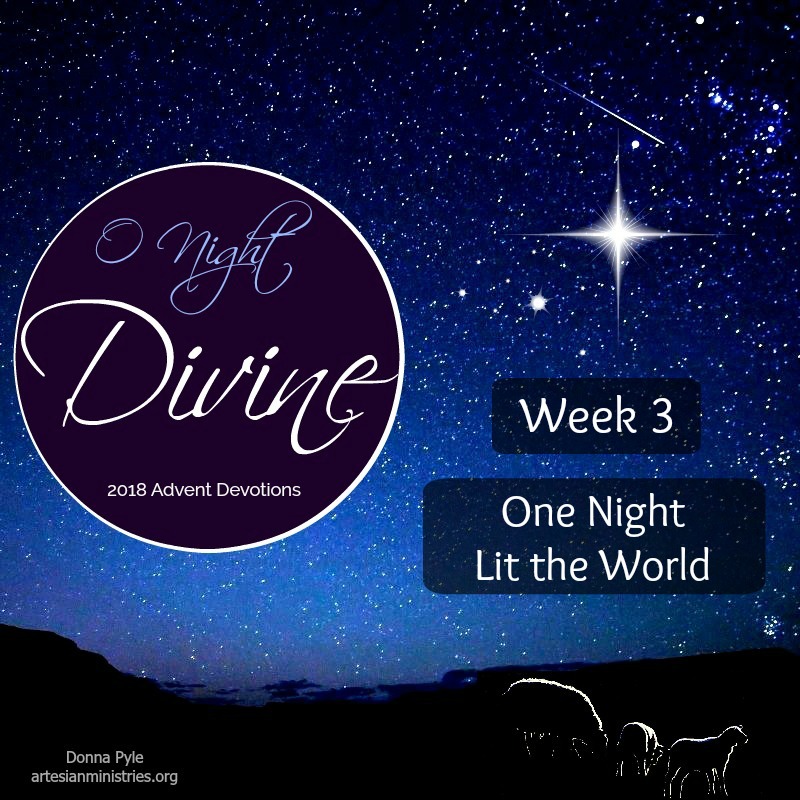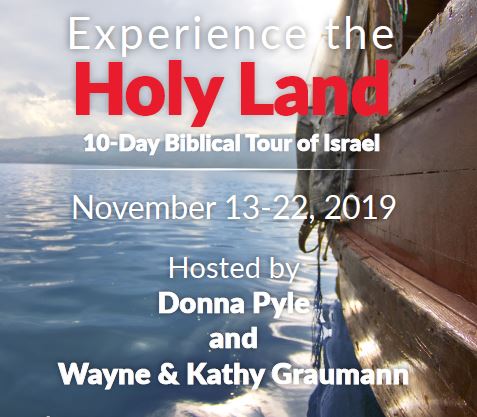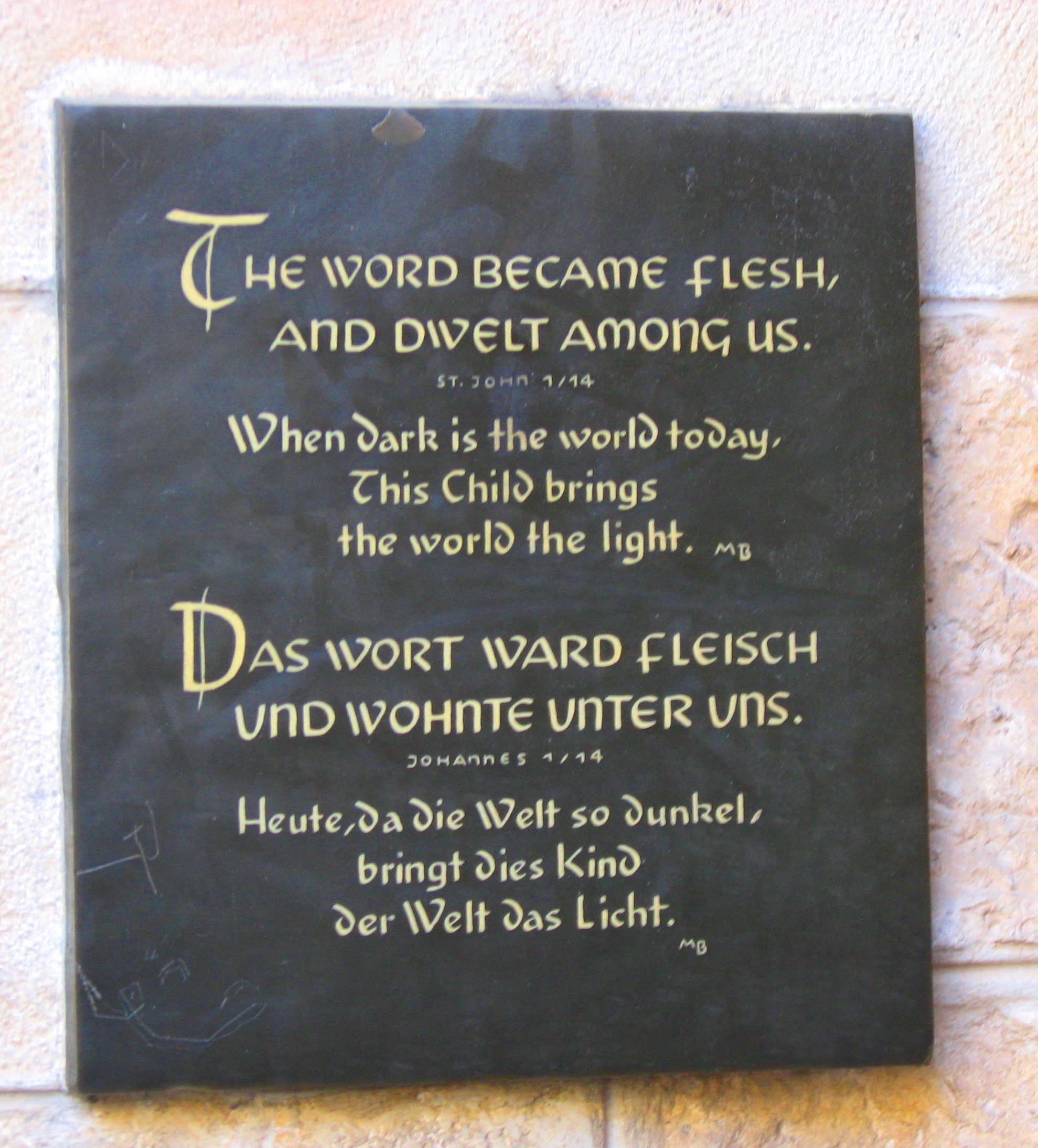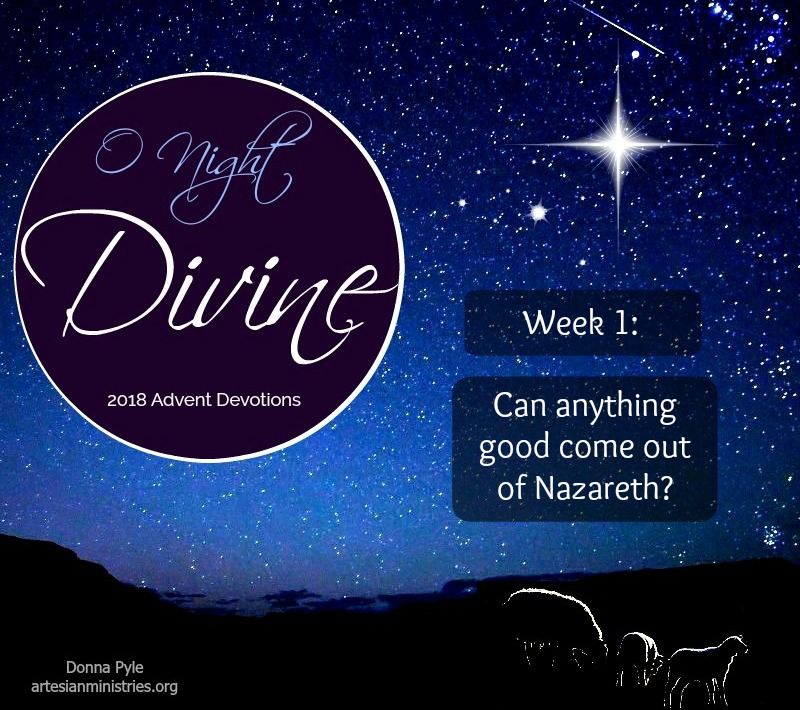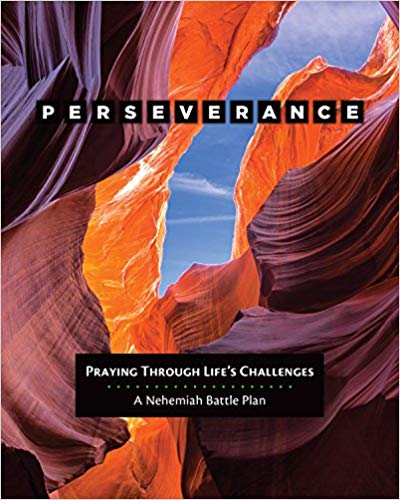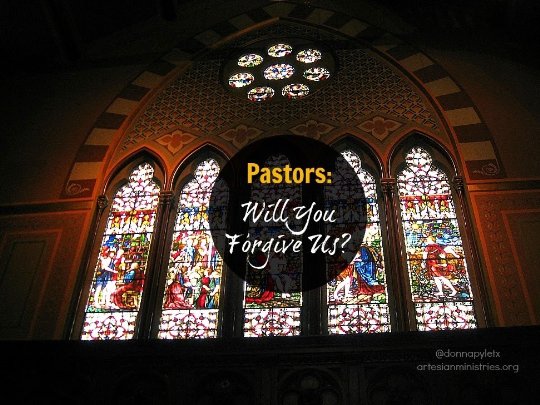
Pastors have answered a high and difficult calling. There are few things that boil my blood faster or put my feet on a soap box quicker than when I hear God’s people hurling mean-spirited or spiteful comments at God-loving, servant-hearted pastors.
It gets ugly when sheep turn on their shepherds. And Satan, along with the world, watches. Smiling.
I love to intentionally encourage my pastors. When I see them at some mid-week church function, I am fully aware that they may have faced strenuous spiritual warfare. The enemy has likely lobbed a stream of fiery darts at them, whether it’s tough counseling sessions, disheartening church politics, or the death of a member.
It’s critical to convey to our pastors and pastor friends just how vital they are to God’s work and His church — to let these grace-filled men of faith know how much they, their families, and their ministries mean to so many.
So…to my pastors, all my pastor friends, and your beautiful families:
You embrace the calling to be crucified with Christ, yet sometimes we are the ones pounding in the nails.
Please forgive us.
You take up the cross of Christ without hesitation because it is not merely your day job–it’s your very calling, passion and purpose. Yet sometimes we watch from comfortable pews without lifting a finger as you stumble under that staggering weight alone.
Please forgive us.
You love us enough to sacrifice family time, shorten vacations and make yourself available 24-7-365. Yet when you need to unplug and allow God to recharge you, we haughtily demand your instantaneous appearance.
Please forgive us.
When life blindsides us with loss, relationship difficulties, health scares or financial burdens, you are the first to offer prayer and call in the posse to help. Yet when you need us, we wear busyness as a badge to dodge.
Please forgive us.
You willingly live in a glass house with our noses pressed against it, gracefully shouldering our smart aleck remarks and quick judgments. Yet when you lovingly ask us accountability questions, our self-righteous indignation could choke God Almighty.
Please forgive us.
But I want you to hear loud and clear: You are not expendable.
You are VITAL.
You are VALUABLE.
You are LOVED.
As you stand at the vanguard of deadly spiritual warfare, it’s an amazing privilege to stand shoulder-to-shoulder with you on God’s battlefield. To heartily encourage you when you are weary. To follow where God calls you to lead.
THANK YOU for your integrity and tireless commitment.
Church, when was the last time you prayed for your pastor?

